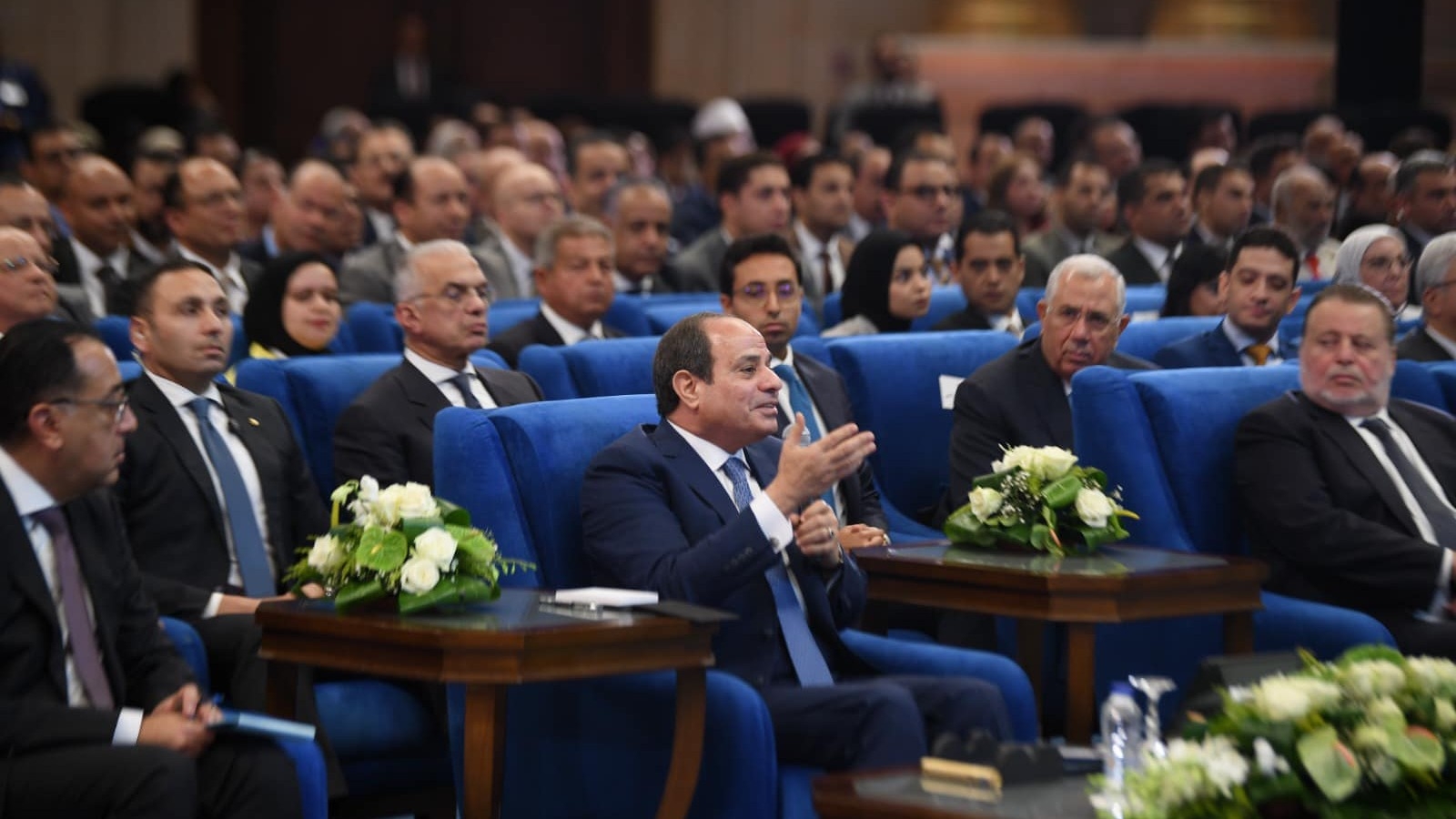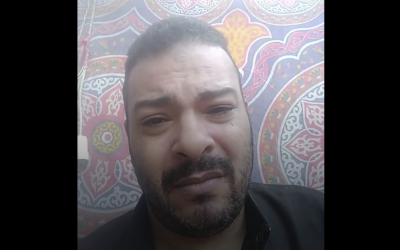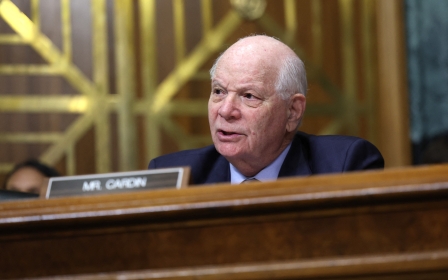Egypt elections: Sisi says hunger a price worth paying for country's progress

Egyptian President Abdel Fattah el-Sisi has said his people should accept the prospect of going hungry as the price of the country's success. He also bizzarly suggested he could "destroy Egypt" by distributing drugs among impoverished people ahead of the presidential elections scheduled for December.
In a widely condemned speech aired from his new administrative capital on Saturday, Sisi also called his opponents "liars, saboteurs and wicked", as critics questioned the billions spent on infrastructure projects that he has undertaken as many Egyptians struggle to make ends meet.
"Don't you Egyptians dare say you would rather eat than build and progress," Sisi said. "If the price of the nation’s progress and prosperity is to go hungry and thirsty, then let us not eat or drink," he added.
"Don't undermine the cause of our nation and make us the world's laughing stock. Stand fast and transform the cruel circumstances we are going through into a gift. The harder you stand fast, the sooner it [the economic crises] will pass."
New MEE newsletter: Jerusalem Dispatch
Sign up to get the latest insights and analysis on Israel-Palestine, alongside Turkey Unpacked and other MEE newsletters
In a meandering and informal speech, the Egyptian president mentioned hypothetical ways in which he could "destroy" Egypt, if he were so inclined, by distributing pills to foster chaos in the country.
Sisi said that he spoke with the Supreme Judicial Council regarding how easy the country would be to destroy and had concluded that giving 100,000 people in "difficult circumstances" tramadol, a strong opioid, would do the trick at a cost of no more than $30m.
"I was chatting to officials from the Supreme Judicial Council this morning and told them: can you imagine that I could destroy Egypt with 2 billion pounds," he said, during the three day conference dedidcated to presenting the accomplishments of his 9-year rule.
"They were very surprised…I told them I could give them Tramadol and 20 pounds to 100,000 people who are going through difficult times," he added.
"I can give them 1,000 pounds, for ten weeks…I could destroy a country with more than 105 million people, with a billion pounds…basically 30 million dollars, which some people spend on one party."
'If the price of the nation’s progress and prosperity is to go hungry and thirsty, then let us not eat or drink'
- President Abdel Fattah el-Sisi
It is unclear why he publicised such remarks but his comments were widely condemned online by opposition leaders and public figures.
Ahmed Tantawi, who is positioning himself as Sisi's main opponent in the country's upcoming election, condemned the president's speech in a statement posted on X, formerly known as Twitter.
Directly addressing Sisi, he wrote: "Egyptians actually starved during your rule because of your administration. They did not see any of the development that was promised."
Tantawi further accused Sisi of spreading lies and accumulating "high-rise buildings, cities and palaces built in deserts, even if it is at the expense of [the ordinary] man and his right to a decent life and education".
"[The government] has stripped citizens of social protection, leaving two-thirds of Egyptians living below and around the poverty line, while the conditions of most of the remaining third has deteriorated dangerously," he said.
Other users on the platform said that Sisi represented the "cartoon of a madman" while another social media user said that the president's comments could technically land him in jail.
As Sisi faces a deepening economic crisis, his reaction to criticism has become increasingly erratic.
Egypt will hold a presidential election between 10 and 12 December, brought forward from the original date in 2024, with Sisi widely expected to win a third term.
Looming economic crises
Analysts have predicted that Egypt is the country second most at risk of a debt crisis, coming just after war-torn Ukraine.
Nevertheless, Sisi, who was undaunted about the mounting economic problems, asked the country: “What kind of country do you want to live in? Do you want to build Egypt and make it a nation of note, or not? Do you consider building an adventure? Do you consider reform an adventure?”
Egypt has been gripped by an economic crisis for years, a situation exacerbated by the war in Ukraine which has severely affected food prices in the country.
Official figures showed annual inflation in Egypt reached a new record 39.7 percent in August, while the Egyptian pound has been on a dramatic slide against the dollar.
A dollar buys 30 Egyptian pounds today compared to just under 20 exactly a year ago.
Egypt has been dependent on bailouts from its wealthier allies in the Gulf and the International Monetary Fund (IMF) in recent years, as investors pull billions out of the country.
While the financial crisis has a range of causes, many opposition figures have pointed fingers at the increasing grip the military has held over the economy following the 2013 coup that ousted the elected government of Mohamed Morsi.
Middle East Eye delivers independent and unrivalled coverage and analysis of the Middle East, North Africa and beyond. To learn more about republishing this content and the associated fees, please fill out this form. More about MEE can be found here.





